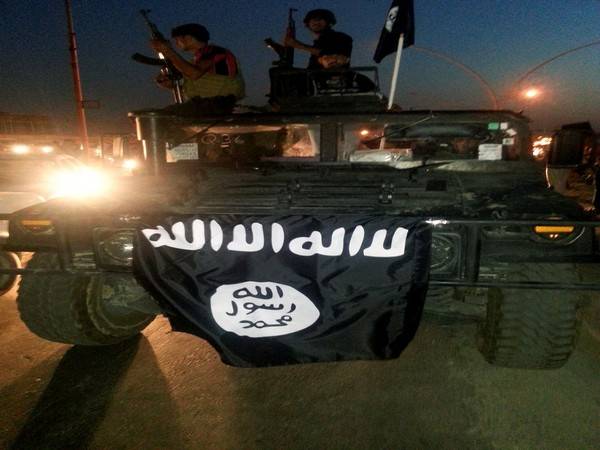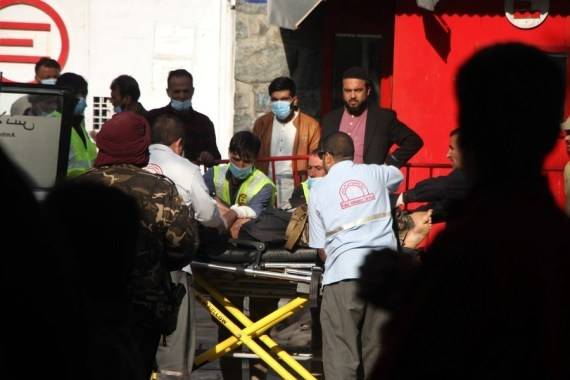
As the Taliban seek international recognition, the group has used the resurgence of the terrorist group as a bargaining chip for more financial aid ….reports Asian Lite News
In the two months since the Taliban took control of the country, the Islamic State (IS) affiliate in Afghanistan, known as IS-Khorasan or IS-K, has stepped up attacks across the country, straining the new and untested government and raising alarm bells in the West about the potential resurgence of a group that could eventually pose an international threat, The New York Times reported.
The attacks have been aimed mostly at Taliban units and at Afghanistan’s Shia minorities. Suicide bombings in Kabul, the capital, and in important cities including Kunduz in the north and Kandahar in the Taliban’s southern heartland have killed at least 90 people and wounding hundreds of others in the span of just several weeks.
And on Tuesday, IS fighters carried out a coordinated attack with gunmen and at least one suicide bomber on an important military hospital in the capital, killing at least 25 people, the report said.

“This has placed the Taliban in a precarious position: After spending 20 years fighting as an insurgency, the group finds itself wrestling with providing security and delivering on its hallmark commitment of law and order. This has proved especially challenging for the Taliban as they try to defend themselves and civilians in crowded cities against almost daily attacks with an army that was trained for rural guerrilla warfare,” the report said.
The surge in attacks has fueled growing unease among Western officials, with some predicting that the IS, often considered a regional threat, could gain the capability to strike international targets in a matter of six to 12 months.
Colin Kahl, the US Under Secretary of Defense for Policy, told lawmakers last week that the Taliban’s ability to pursue the group “is to be determined”.

Kahl’s sentiments underline the core concern of Western intelligence communities: There is little way to measure the Taliban’s effectiveness against IS-K. There is no longer reliable access to intelligence as limited drone flights provide piecemeal information given the distance they have to fly just to get to Afghanistan, according to US officials, and the established network of informants has collapsed.
The Taliban, who have refused to cooperate with the US in countering the IS, instead are fighting the war on their own terms, with tactics and strategies that look far more localized than a government campaign against a terrorist organisation, the report added.
“The Taliban became accustomed to fighting as insurgents, relying on a range of asymmetric attacks to target Afghan and US forces,” said Colin P. Clarke, a counterterrorism analyst at the Soufan Group, a security consulting firm based in New York.
“But it seems clear that the Taliban has not given much thought at all to how the equation changes as a counter insurgent, which is effectively the role they are playing now against the IS.”
As the Taliban seek international recognition, the group has used the resurgence of the terrorist group as a bargaining chip for more financial aid, according to Qatari officials, reminding other countries that a powerful Islamic State poses a threat to them as well, the NYT reported.
Recognizing the potential threat along its shared border with Afghanistan, Pakistan is feeding some intelligence to the Taliban about the IS, according to US officials. The Washington Post first reported on this development, the report said.
ALSO READ: Taliban banned use of foreign currencies in Afghan


